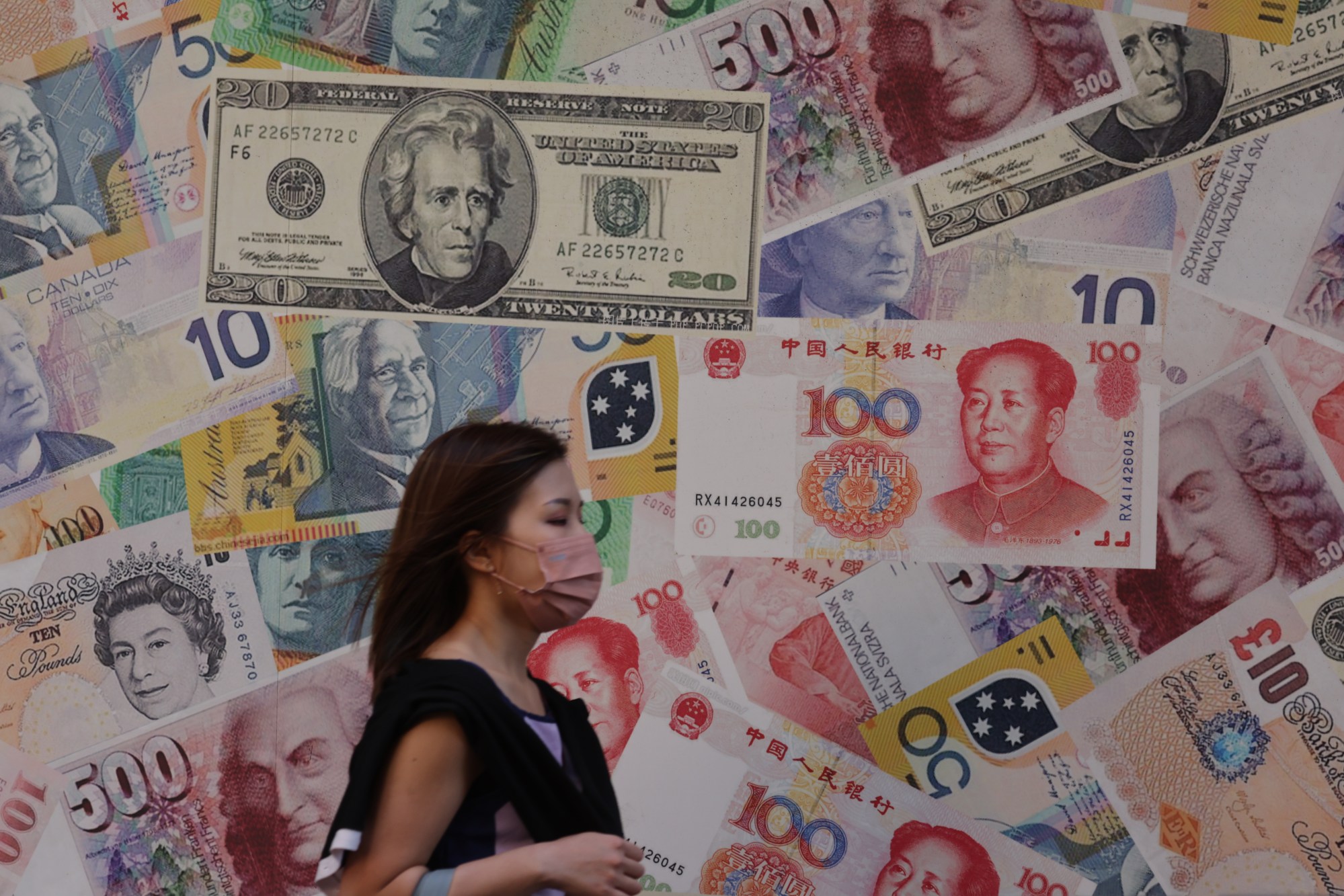
Hong Kong ‘losing out’ to jurisdictions such as Singapore, should exempt private credit assets from tax: industry body
- The funds industry has been lobbying for the inclusion of private credit and debt investment in the UFE regime
- ‘We must encourage fund managers to come to the city and manage their funds, so that Hong Kong gets to collect tax on these management fees,’ KPMG executive says
Hong Kong’s funds industry is calling for a profit tax exemption for private credit assets, as the city is failing to attract a booming business and is losing out to Singapore because of its existing tax regime.
The Unified Fund Exemption (UFE) regime allows most private-equity funds operating in Hong Kong to enjoy profit tax exemption provided that certain conditions are met, a move that is aimed at promoting Hong Kong as an asset-management centre. However, interest income on private credit in the form of debt instruments is not exempt under the rule, meaning investment funds could be subject to a profit tax of 16.5 per cent if such transactions are made.
“Hong Kong is losing out at the moment,” said Darren Bowdern, vice-chair of the Hong Kong Venture Capital and Private Equity Association’s technical committee. “We want to bring that business back to Hong Kong, and we will benefit greatly. All the professional services, bankers, administrators and talent pool are here. That is what we do well.”
“If we want to promote Hong Kong as an asset-management and private-equity hub for Asia, we must encourage fund managers to come to the city and manage their funds, so that Hong Kong gets to collect tax on these management fees,” said Bowdern, who is also the head of asset-management tax in Asia-Pacific at KPMG China.

The industry has been lobbying for the inclusion of private credit and debt investment in the UFE regime in recent years, and the city’s government has said it is reviewing the existing tax concessions applicable to funds.
“The general expectation for investors is that the investment fund should be tax-neutral, not being [burdened] by another layer of taxation between the investor’s jurisdiction and the investment location,” said Rex Ho, Asia-Pacific financial services tax leader at PwC Hong Kong.
Their calls come a day before Financial Secretary Paul Chan Mo-po delivers his annual budget blueprint that aims to introduce balanced measures to maintain economic vitality and strengthen public confidence in the economy.
More tax means lower returns, and investors will go elsewhere, to places such as Singapore, where there is no additional tax at the fund level under the city state’s rules.
Hong Kong’s tax authority views the holding of a debt instrument to derive interest income as not a transaction in securities, a qualified asset class under the UFE regime, because the receipt of interest merely gives effect to rights attached to the debt instrument, unlike a purchase and sale of debt securities between two parties.
Other types of exempt assets include listed shares, public securities, bonds and private equity.
The government may have concerns that the inclusion could lead to abuse, said Bowdern. For example, traditional banks could transfer their loan portfolios to a debt fund to avoid taxes if the rules allow for interest on the debt to be an exempted gain.
“But that just would never happen because the investment for private credit and debt funds returns are fundamentally different,” he said. “Debt funds usually conduct riskier investments because of [their nature], and therefore, they command a higher return. That’s very different from traditional bank loans.”
Without the tax exemption, private credit and debt funds also face operational inconveniences, PwC’s Ho said.
“If a manager wishes to run a private credit business in Hong Kong for the fund, they cannot do whatever they want in Hong Kong in order to manage the Hong Kong tax exposure,” he said. “The manager needs to make sure that they don’t cross the line and make the fund subject to Hong Kong taxes.”
Hong Kong-based fund managers might be unable to make investment decisions or negotiate contracts or other high-value activity, and could be limited to groundwork, research and due diligence, Ho added.
Funds often structure their loans in offshore jurisdictions for several reasons, including tax benefits.
If Hong Kong were to extend the tax incentives to private credit debt and debt funds, “fund management companies can simplify how they manage investment activities”, said Bowdern.
“They don’t need to be looking at offshore structures,” he said. “They can do it all from Hong Kong. So it should be more efficient for them and beneficial to Hong Kong as well.”
Private-equity firms are flocking to private credit strategies as high interest rates and tighter bank lending standards have shifted investors’ attention. A total of 41 Asian private debt funds raised US$10.6 billion in 2022, compared with 34 funds with US$2.2 billion in 2013, according to data provider Preqin.
Tax experts and advisers in the fund industry are hopeful that the Hong Kong government will take the industry’s asks into consideration and make changes.
“The Hong Kong government listens to the industry and consults regularly,” said Philippa Allen, managing director of regulatory compliance Asia at consultancy IQ-EQ. “The way that Hong Kong is dealing with tax and looking at tax is up there, alongside all the leading international jurisdictions, so it’s not an outlier.”

